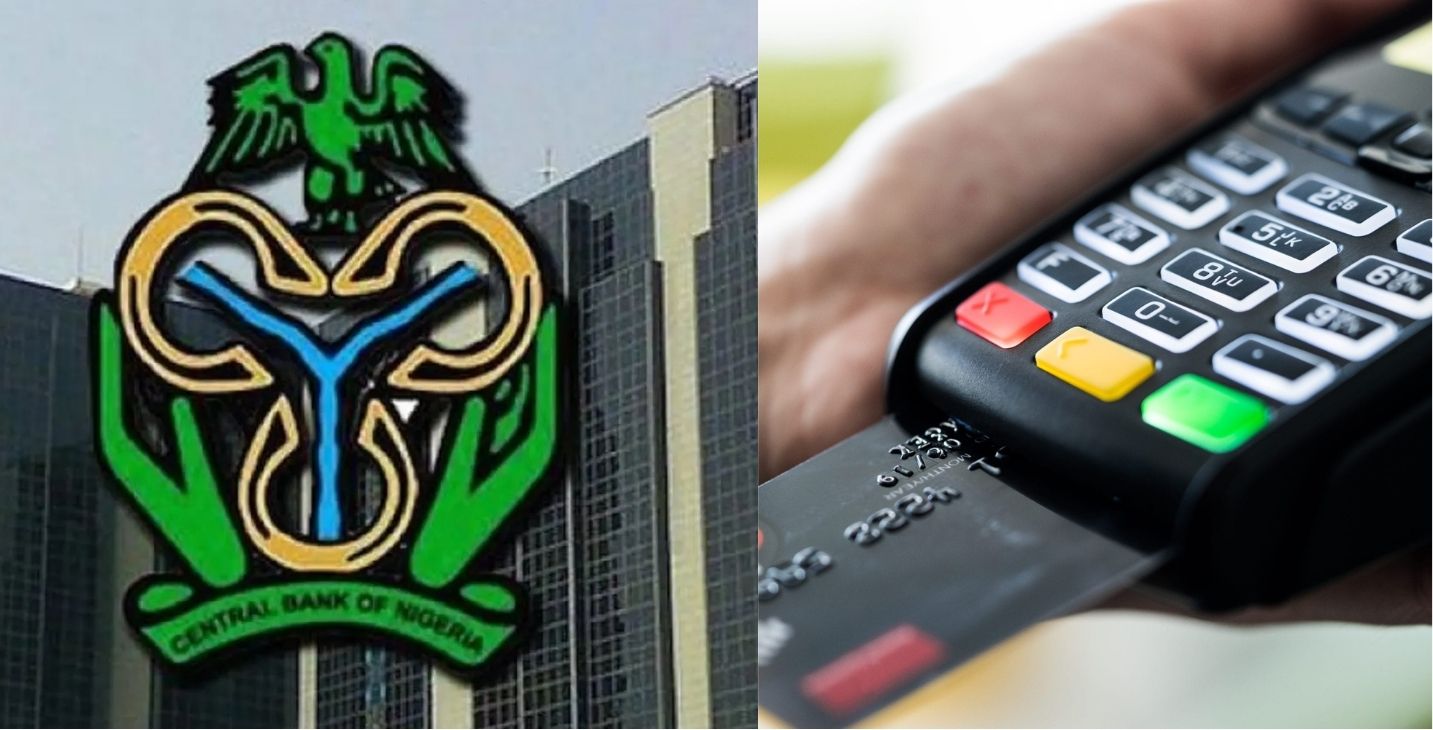By Arize Nwobu
The importance of banks in driving the economy cannot be overemphasised. In developing countries, banks are noted as the most important intermediary and which provides the greater financial services and which is a major reason why it seems to be the most regulated to ensure stability and sustainability.
Join our WhatsApp ChannelGovernor, Central Bank of Nigeria( CBN), Yemi Cardoso, at a recent meeting of the European Business Chamber( Eurocham)Nigeria in Lagos, reemphasized CBN’s commitment to ensure financial system stability.
The financial system is segmented into money market and capital market and comprises all the relevant institutions both the regulators and operators, financial products and individuals.
The capital market segment supplies long-term funds for production, entrepreneurship, innovations and job creation.
The money market provides short-term funds and is dominated by banks with an array of financial products and services including personal loans, bank accounts, interbank loans, Bankers’ Acceptances ( BA), Commercial Papers( CP) etc.
Between 1994- 2018, fifty- three money deposit banks were closed following the revocation of their licences by CBN, while the National Deposit Insurance Corporation of Nigeria( NDIC) has effected liquidation activities for some of them.
Some of the causes of instability and which leads to the closure of banks include underregulation, undercapitalization, non- performing loans, poor corporate governance, powerful interests exploiting the financial system and contagion or knock- on effect.
Other causes include liquidity mismatch, information asymmetries, inadequate risk management, irrational exuberance, interest rate risk, exchange rate risk, global disruptions and macroeconomic policies.
In the early 2000s experts noted that the Nigerian banking system was fragile and uncompetitive as most banks operated with a capital base of less than USD10 million.
It was said that the largest bank as at 2004 had a capital base of USD240 million compared to the USD526 million for the smallest bank in developed countries which its capital base was said to be larger than all of the Nigerian commercial banks put together.
The Financial System Strategy( FSS) 2020 featuring the banking consolidation policy in 2005 enhanced the banking landscape.
The policy was preemptive and futuristic and helped to cushion the effects of the 2008- 2009 global financial crisis, but not totally as the crisis created some domino effects across economies and markets including in Nigeria.
Worldwide, central banks and other related regulatory institutions became more proactive vis-a-vis the architecture of global financial system, and they evolved fast strategies and buffer mechanisms to protect their financial institutions.
Reportedly, the global financial crisis resulted to a loss of 8.7 million jobs in the USA, foreclosure of 15million homes and the collapse of some giant financial institutions which were formerly considered as too big to fail, and wiped out USD 2.8 trillion savings.
It led to the evolution of the Dodd- Frank Wall Street Reform and Consumer Protection Act 2010( Dodd- Frank Act) which aimed to prevent another financial crisis, protect consumers and rein in Wall Street and big bonuses, end bailouts and create sound economic foundation.
In Nigeria, CBN injected liquidity into the banking system to support banks and prevent total collapse and took other necessary measures including strengthening corporate governance structures of banks.
It also evolved a policy on margin loans by banks to stockbrokers, and prosecuted chief executive officers of some banks who allegedly exploited the system.
The government established the Assets Management Corporation of Nigeria( AMCON) , to acquire non- performing loans in banks and other distressed assets and which helped to engender stability in the banking system.
AMCON was noted to have performed well and acquired toxic loans valued at over N1.2 trillion and also injected N1.6 trillion into the system through creative financing via the Bankers’ Committee which set aside 0.3 percent of their annual profits, while CBN committed N500billion over a span of ten years.
CBN has continued to place financial system stability on the front burner and a robust financial system is noted to have flexibility, resilience and internal stability.
It facilitates the flow of funds from surplus to deficit ends and engender macroeconomic stability which enables businesses to plan with ease and attract foreign capital.
Successive CBN Governors set their respective agendas to ensure financial system stability.
Professor Chukwuma Soludo( 2004- 2009) packaged the FSS 2020 and implemented the banking consolidation.
His successor, Sanusi Lamido Sanusi( 2009- 2013) sanitized the banking industry and entrenched sound corporate governance ethics.
The next Governor, Godwin Emefiele( 2014-2023) anchored financial system stability on two pillars, namely, zero tolerance on practices that undermine the health of financial institutions and managing factors that create liquidity shocks.
Present CBN Governor, Olayemi Cardoso( 2023 to date), a seasoned banker and public policy expert has been bold, decisive and effective in implementing his policy options which aim at improving the economy generally, and ensuring sustainable stability in the banking system and enhancing public perception of the the Bank.
Cardoso restated his commitment to ensure stability in sector. He said: “we will protect the stability that has been re-established in the financial system with utmost zeal.”
CBN forbearance policy for some banks will strengthen the capital buffers and balance sheet of the banks and enhance resilience of the banks and stability of the banking system.
The ongoing banks recapitalisation policy which he initiated is making good progress and will further reinforce the banking system and help to drive the economy towards attaining the target USD1trillion economy.
With the recapitalisation of banks, financial system stability, cooling inflation though still relatively high, and a more stable exchange rate and macroeconomic stability, the economy will be set on stronger pedestal and the right trajectory, going forward.
Nwobu, a Chartered Stockbroker and Policy Analyst wrote via arizenwobu@yahoo.com Tel 08033021230.












